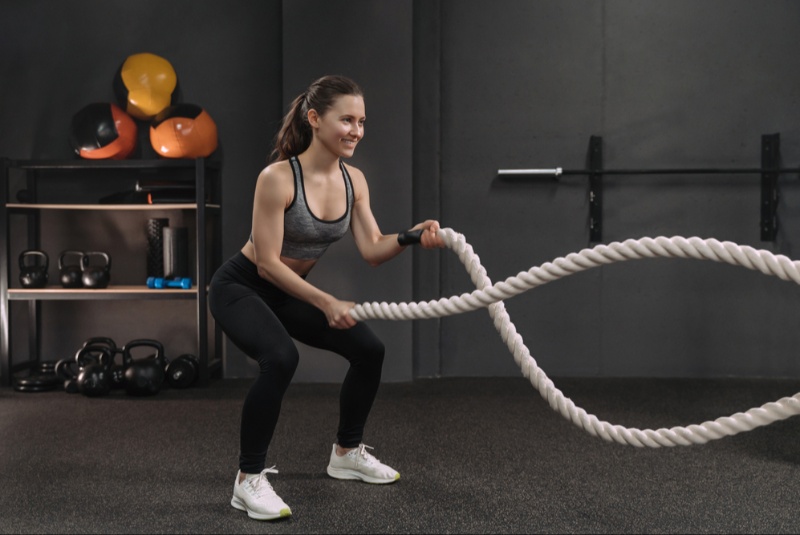In recent years, the world of fitness has seen a surge in the popularity of functional training, a regimen focused on exercises that mimic everyday actions to develop the strength, stability, and mobility necessary to perform daily activities efficiently and without injury. At its core, functional training seeks to build a body that is not just fit but practical and capable.
Enhanced Muscle Memory and Motor Skills
Functional movements, such as squats, lunges, and rotations, mirror activities performed daily, thus helping build muscle memory and improve motor skills. When our muscles get accustomed to these movements, it reduces the chance of injury while executing mundane tasks like lifting heavy objects or even simply walking up a flight of stairs.
Mitigates the Risk of Injury
Functional training emphasizes the proper form and balanced muscular development, helping to decrease the risk of injury both in daily activities and while exercising. Furthermore, it promotes the development of stronger bones and muscles, which are pivotal in maintaining a healthy posture and preventing overuse injuries, strains, and sprains.
Versatility and Adaptability
One of the standout benefits of functional training is its adaptability to individual needs and goals. Exercises can be scaled to suit people of different fitness levels, be it a novice or a seasoned athlete. Moreover, functional training does not require a vast array of equipment, making it accessible to perform in various settings, including at home.
Promotes Muscle Synergy
Functional training movements are often compound movements that involve multiple muscle groups working in harmony. This not only fosters muscle synergy but also facilitates a more balanced and holistic development of the body. In contrast, traditional weight training often targets isolated muscle groups, which may lead to imbalances and a lack of functional strength.

Enhancing Balance and Stability
In functional training, a significant emphasis is placed on enhancing balance and stability. Through exercises that encourage core stability and the utilization of stabilizing muscles, individuals can foster a more harmonized bodily function. Improved balance translates to more effortless movement in daily activities and a reduction in falls and stumbles, especially in older adults.
Improved Mobility and Flexibility
The dynamic nature of functional training promotes enhanced mobility and flexibility. Exercises are designed to take the joints through their full range of motion, thereby reducing stiffness and facilitating more comfortable and fluid movements. This improvement is critical in maintaining the quality of life, especially as one ages.
Better Mental Health
Functional training is not just beneficial for physical well-being but also promotes better mental health. The multi-faceted, engaging nature of functional exercises can be a refreshing break from the monotony of conventional training regimens. Moreover, overcoming challenges and meeting fitness goals in functional training can foster a sense of accomplishment and uplift one’s mood.
Efficient Workouts
Functional training is known for its efficiency. By engaging multiple muscle groups simultaneously, it provides a comprehensive workout in a shorter span of time compared to traditional training methods that focus on isolated muscles. This efficiency is particularly beneficial for individuals with busy lifestyles, allowing them to reap the benefits of a full-body workout without dedicating excessive time to exercise.
Encourages Real-world Physical Skills
Through the utilization of movements that mimic real-world actions, functional training encourages the development of physical skills that are transferable to daily activities and sports. It enables individuals to perform their everyday tasks more efficiently and with greater ease, thereby improving the quality of life.
Functional training stands as a robust pillar in the fitness landscape, offering a myriad of benefits that go beyond just building muscle mass. It promotes a harmonious development of the body, enhancing balance, stability, and mobility, which are vital in performing daily activities efficiently and without injury.
Embracing functional training is not just choosing a path to physical fitness but opting for a regimen that molds a body capable of meeting the demands of daily life with vigor and vitality. It encourages a synergy of muscles, a balance in movements, and a life enhanced with the freedom of effortless mobility and a robust defense against injury. Thus, diving into the world of functional training can be a step towards a happier, healthier, and functionally fit life.


